The beverage industry in the UK is a significant part of the country's economy, with a wide range of products being produced and consumed. These include alcoholic beverages such as beer, wine, and spirits, as well as non-alcoholic options like soft drinks, water, and tea.
The UK's alcoholic beverage market is dominated by beer, with lager being the most popular type. The country is also a significant producer and consumer of wine, and has a long history of producing high-quality spirits such as whisky and gin.
The non-alcoholic beverage market in the UK is led by carbonated soft drinks, followed by coffee and tea. The UK is also home to a number of specialty beverage companies that produce a variety of products such as energy drinks, sports drinks, and functional beverages.
Overall, the beverage industry in the UK is a thriving and diverse sector that plays a significant role in the country's economy.
There are many beverage startups that are focused on developing and bringing new products to market. These companies may be focused on creating innovative new recipes for traditional beverages such as coffee and tea, or they may be working on entirely new types of beverages that are designed to meet specific consumer needs or preferences.
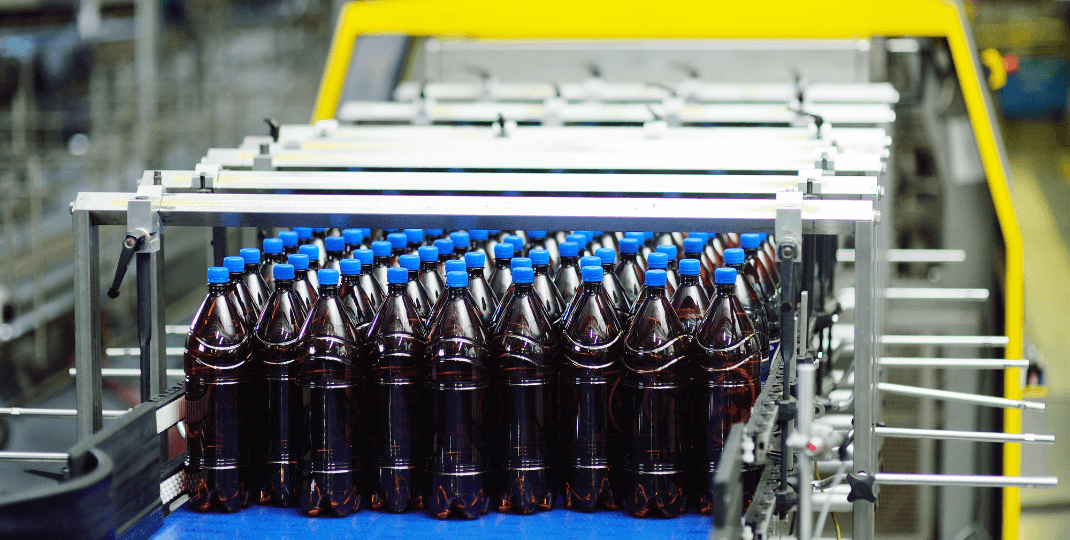
Some examples of beverage startups include:
- Health-focused beverage companies that create products with added functional ingredients such as vitamins, minerals, and superfoods.
- Plant-based beverage companies that offer alternatives to traditional dairy products, such as almond milk or oat milk.
- Kombucha companies that produce fermented teas that are high in probiotics and other health-promoting compounds.
- Craft breweries and distilleries focused on producing small-batch, artisanal alcoholic beverages.
- Cold brew coffee companies offer a smooth and less acidic alternative to traditional hot coffee.
Beverage startups often rely on venture capital funding to help them get off the ground and scale their operations. Many of these companies also focus on building strong brand identities and developing unique marketing strategies to differentiate themselves in the marketplace.
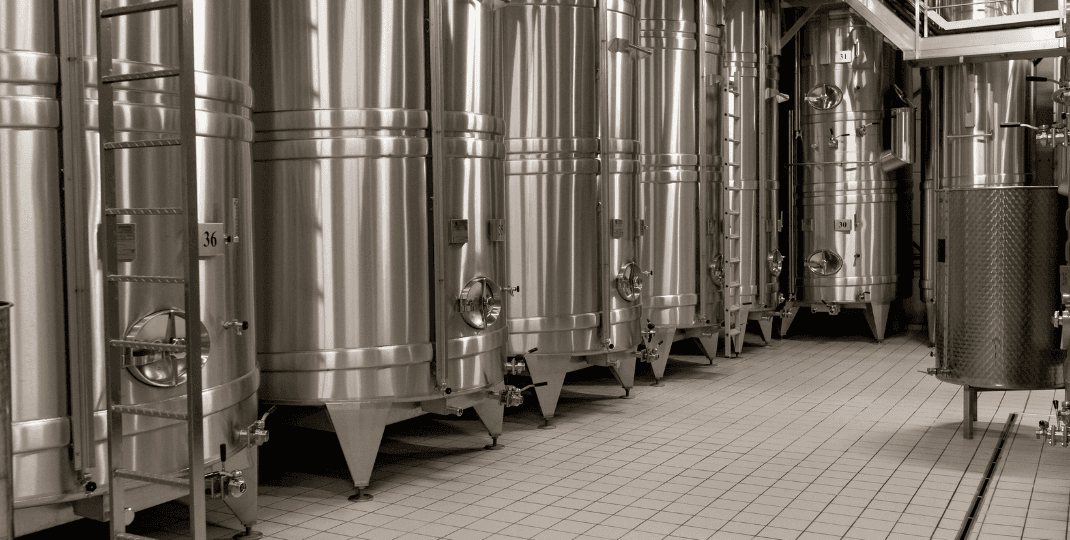
There are many niche areas within the beverage industry that might be considered "weird" or unusual by some people. It is worth to mention some of them.
- Cactus water: This is a type of water that is made from the juice of cactus plants and is claimed to have a variety of health benefits.
- Algae-based drinks: Some companies are experimenting with using algae as a source of nutrition and flavor in beverages.
- Insect-based drinks: A few companies have started using insects as a protein source in beverages, such as cricket-based protein powders and protein-rich insect milks.
- Blood-based drinks: Some companies have created beverages that use blood as a key ingredient, such as blood-based energy drinks or blood-based cocktails.
- Breast milk-based drinks: A small number of companies have created beverages that are made from human breast milk, claiming that they offer a variety of health benefits.
It's worth noting that many of these niche areas may be considered controversial or not widely accepted by mainstream consumers. As a result, companies operating in these areas may need help in terms of market acceptance and regulatory hurdles.

Cactus Water Startups
Cactus water is a type of water that is made from the juice of cactus plants and is claimed to have a variety of health benefits. There are several startups that are focused on producing and marketing cactus water as a beverage.
Some examples of cactus water startups include:
- Caliwater: A California-based company that produces cactus water made from the juice of the prickly pear cactus.
- Cacti: A plant-based beverage company that produces cactus water as well as other plant-based drinks such as coconut water and aloe water.
- C4: A sports nutrition company that produces a line of cactus water and cactus-based sports drinks.
- Waiakea: A Hawaiian-based company that produces a line of cactus water made from the juice of the opuntia ficus-indica cactus.
Cactus water is a relatively new and niche product, and as a result, companies operating in this space may face challenges in terms of building a customer base and achieving profitability. However, these companies may also be well-positioned to capitalize on growing consumer interest in plant-based and functional beverages.
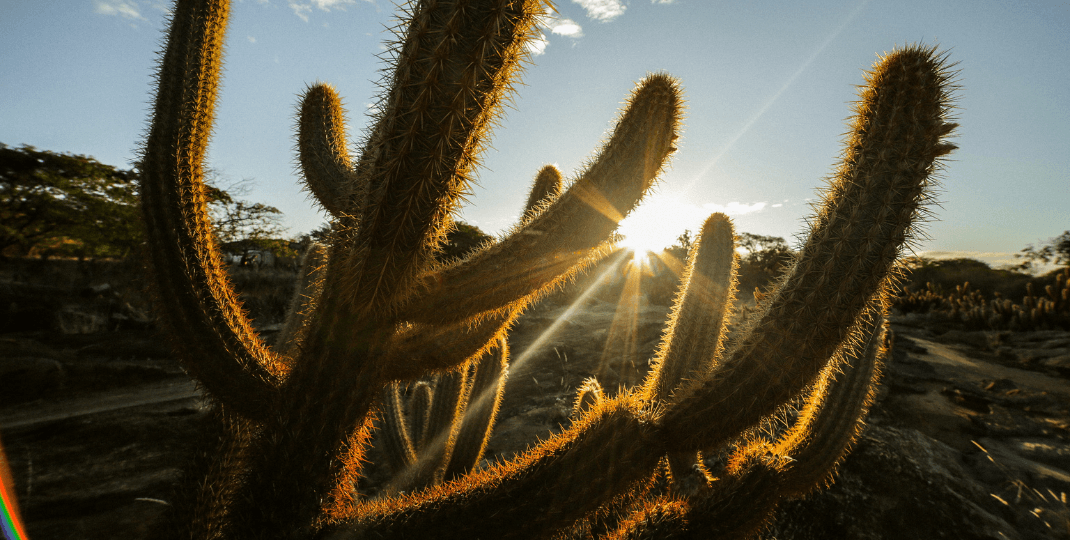
Algae-based drinks startups
Algae-based drinks are beverages that are made using algae as a key ingredient. These types of drinks are often marketed as being a source of nutrition and may be claimed to have a variety of health benefits. There are several startups that are focused on producing and marketing algae-based drinks.
Some examples of algae-based drink startups include:
- AlgaVia: A company that produces a range of algae-based ingredients for use in food and beverage products.
- Algama: A French startup that produces a line of algae-based drinks and supplements.
- AlgaEnergy: A Spanish company that produces a range of algae-based products including drinks, supplements, and cosmetics.
- Olly: A California-based company that produces a line of algae-based drinks and supplements.
Like cactus water, algae-based drinks are a relatively niche and untested product, and as a result, companies operating in this space may face challenges in terms of building a customer base and achieving profitability. However, these companies may also be well-positioned to capitalize on growing consumer interest in plant-based and functional beverages.
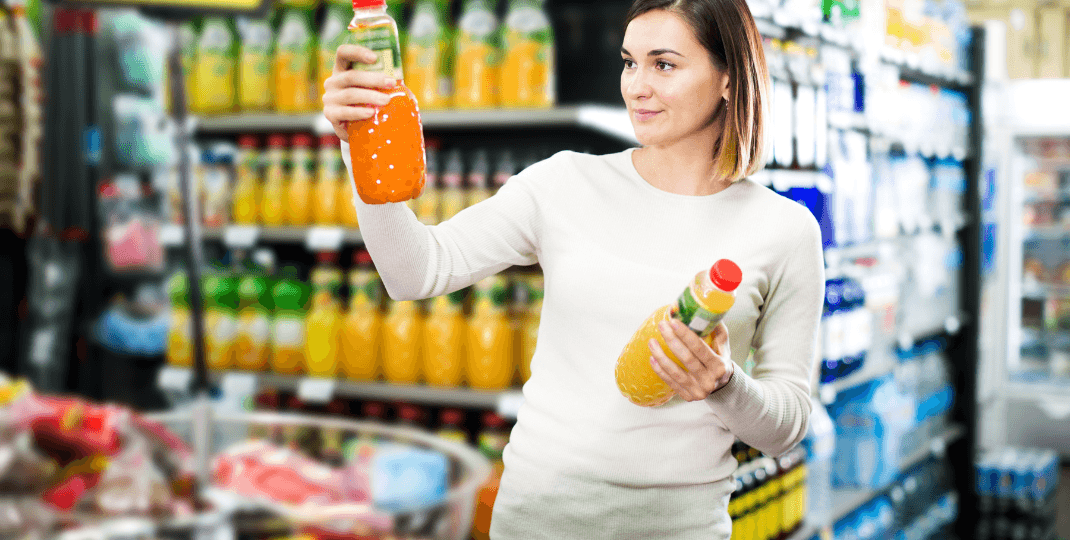
Insect-based drinks
Insect-based drinks are beverages that are made using insects as a key ingredient. These types of drinks are often marketed as a source of protein and may be claimed to have a variety of health benefits. There are several startups that are focused on producing and marketing insect-based drinks.
Some examples of insect-based drink startups include:
- Chirps Chips: A company that produces a line of chips made from crickets, which are a high-protein, low-impact food source.
- Exo: A company that produces a line of protein bars made from crickets.
- Bitty Foods: A company that produces a line of baking mixes made from cricket flour, which is a high-protein alternative to wheat flour.
- Six Foods: A company that produces a line of snack products made from cricket flour, including energy bars and chips.
Insect-based products are still a relatively niche and untested area, and as a result, companies operating in this space may face challenges in terms of building a customer base and achieving profitability. However, these companies may also be well-positioned to capitalize on growing consumer interest in alternative protein sources.
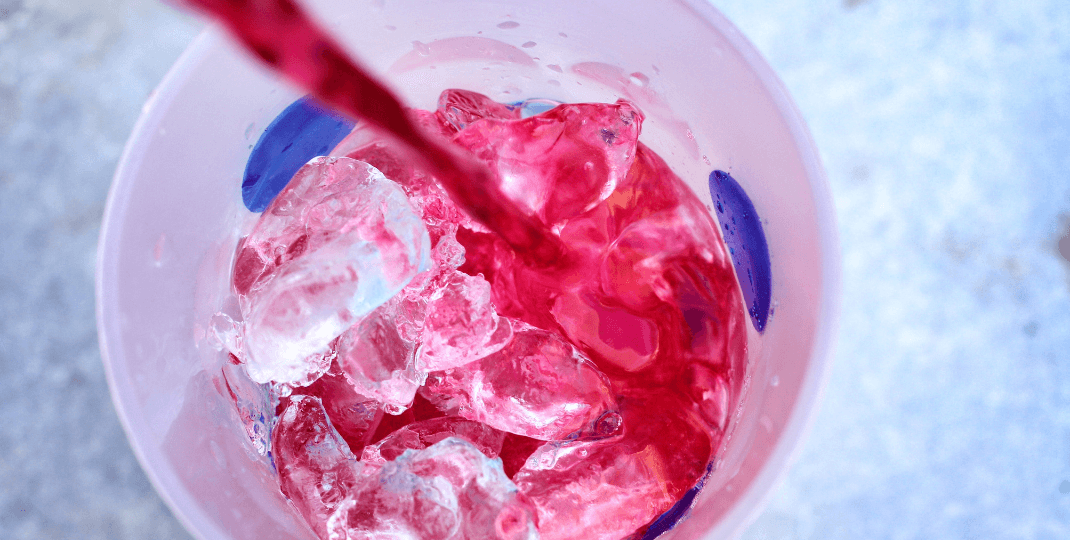
Blood-based drinks
Blood-based drinks are beverages that use blood as a key ingredient. These types of drinks may be claimed to have a variety of health benefits, although there is limited scientific evidence to support these claims. There are a few startups that are focused on producing and marketing blood-based drinks.
Some examples of blood-based drink startups include:
- Blackwater: A company that produces a line of blood-based energy drinks.
- Diablo Energy: A company that produces a line of blood-based energy shots.
It's worth noting that blood-based drinks may be considered controversial or not widely accepted by mainstream consumers, and as a result, companies operating in this space may need help in terms of market acceptance and regulatory hurdles. In addition, there needs to be more scientific evidence to support the claimed health benefits of these products, and as a result, they may be considered to be of questionable safety and efficacy.
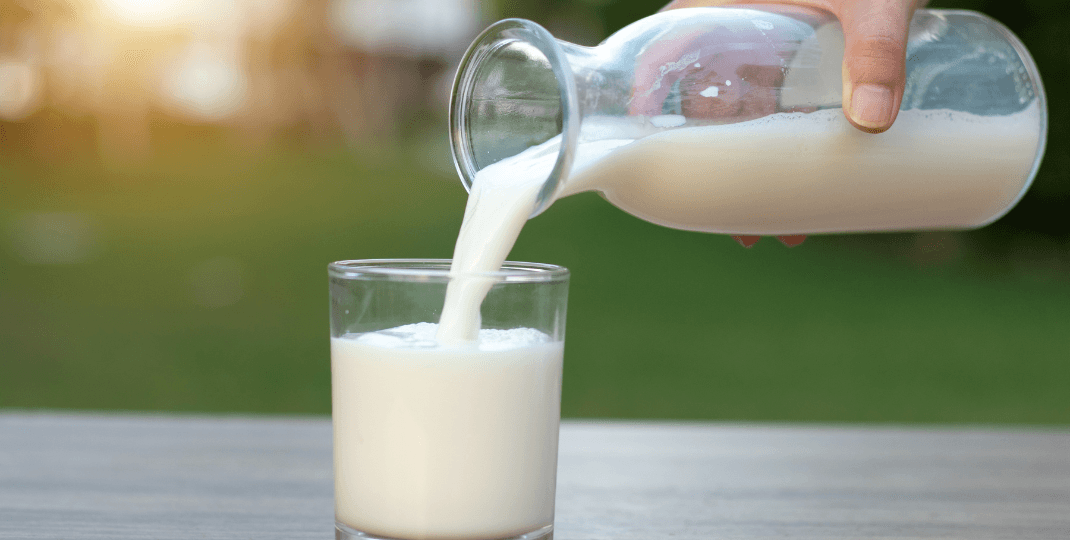
Breast milk
Breast milk-based drinks are beverages that are made using human breast milk as a key ingredient. These drinks may be claimed to have various health benefits, although there is limited scientific evidence to support these claims. A few startups are focused on producing and marketing breast milk-based drinks.
It's worth noting that breast milk-based drinks may be considered controversial or not widely accepted by mainstream consumers, and as a result, companies operating in this space may face significant challenges in terms of market acceptance and regulatory hurdles. In addition, there is limited scientific evidence to support the claimed health benefits of these products, and as a result, they may be considered to be of questionable safety and efficacy. It is also important to note that the sale of human breast milk is generally not legal in most countries, and as a result, companies producing breast milk-based drinks may face legal challenges.
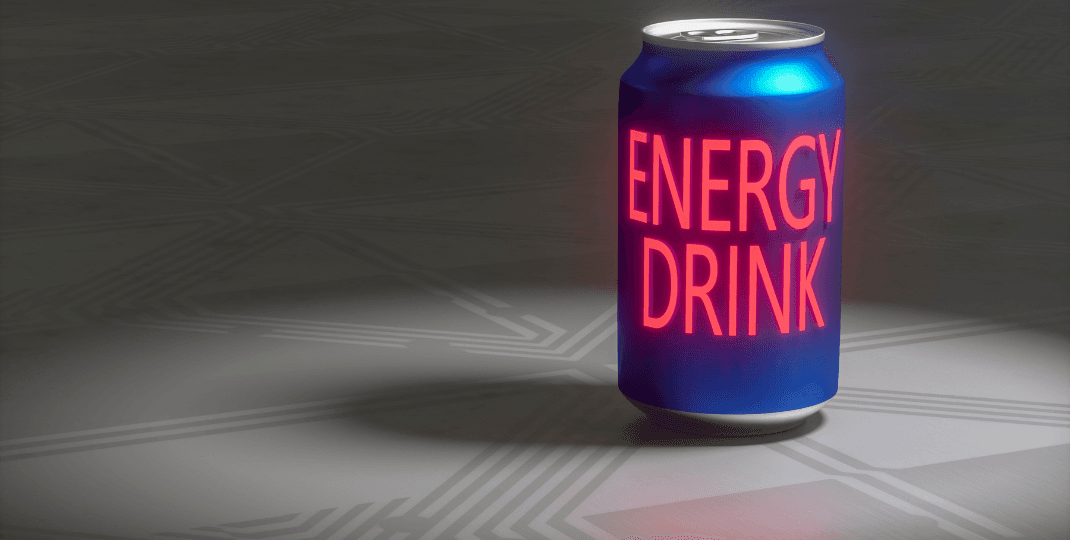
Energy drinks
Energy drinks are beverages that are designed to boost energy and alertness, typically through the use of caffeine and other stimulants. There are many startups that are focused on producing and marketing energy drinks.
Some examples of energy drink startups include:
- Bang Energy: A Florida-based company that produces a line of energy drinks and energy shots.
- Red Bull: A well-known energy drink company that was founded in Austria in the 1980s and has since become a global brand.
- Monster Energy: Another well-known energy drink company that was founded in California in the 1990s and has since become a global brand.
- Reign Energy Drink: A company that produces a line of energy drinks and energy shots.
Energy drink startups often face significant competition from established players in the market, and as a result, may face challenges in terms of building a customer base and achieving profitability. These companies may also need to navigate complex regulatory environ

It is difficult to definitively identify the top beverage startups in the UK, as the success of a startup can depend on a wide range of factors and can be difficult to predict. That being said, here are a few UK-based beverage startups that have received significant media attention and/or funding:
- Innobev: A venture-backed startup that develops and markets innovative non-alcoholic beverages.
- Square Root Soda: A London-based craft soda company that produces small-batch, artisanal sodas using natural ingredients.
- Hey Boo Coconut Water: A coconut water company that sources its coconuts from small farms in the Philippines and donates a portion of its profits to charitable causes.
- The Collective: A producer of fermented dairy products such as yogurt and kefir.
- Seedlip: A non-alcoholic spirits company that produces a range of botanical blends designed to be mixed with tonic water or other mixers.
Again, it is important to note that the success of a startup can be difficult to predict and that the above list is incomplete or definitive.